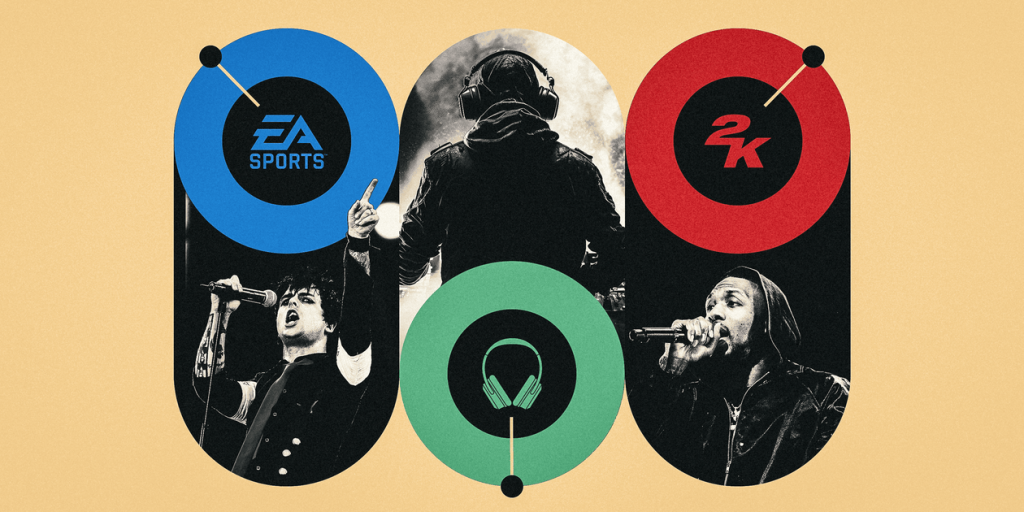Music supervisor Steve Schnur is known for searching for the perfect tracks to include in sports video game soundtracks. One of his discoveries is Lola Young, a British singer he discovered on Instagram whose music has been featured in Electronic Arts’ (EA) popular soccer game, EA Sports FC 25. Schnur’s strategy for curating an expansive collection of soundtracks involves avoiding current chart-topping songs, instead searching for the next big hit. This approach is geared towards creating a fresh feel for the gaming experience.
Schnur and his team at EA acquire songs by attending concerts of emerging artists, accepting suggestions from sports professionals and receiving submissions from international artists. To ensure the soundtracks stay fresh and relevant, a key rule is to avoid listening to current radio hits or popular music outlets. As Schnur explains, the goal is to ensure that the sound of the year ahead is represented, rather than what is currently popular.
The process is not without pressure. The music chosen for video games will be heard repeatedly by millions of players, and has the potential to define the “sound of the sport” for the next generation. Therefore, getting it right is crucial to EA’s success. Artist selection also has to be carefully considered to avoid songs that feel out of place, which could disrupt the gaming experience and disappoint players.
Music for sports video games is curated with a focus on authenticity, and the soundtrack needs to resonate with the sport. While no particular genre is prioritized, the music frequently includes hip-hop, rap, R&B, and pop tracks that athletes and fans listen to. When curating a soundtrack, developers also bear in mind the importance of representing the cultures and ethnicities present within the sport.
Selecting songs for the video games goes deeper than just setting a mood. The team also carefully considers the narrative aspects of the gameplay. For instance, in the “Storylines” mode of the Major League Baseball game, PlayStation’s Ramone Russell chose the songs to reflect the somber aspects of baseball history, such as the racism encountered by players in the Negro Leagues.
Ultimately, the carefully curated soundtracks of these sports video games are more than just background music. They help to define the overall gaming experience and become cultural touchstones. As Schnur says, while people may not remember specific elements of gameplay, “everybody remembers the music.” The task then for game music curators is to continue to weave the right mix of songs across sports and time to give players an unforgettable gaming experience.


